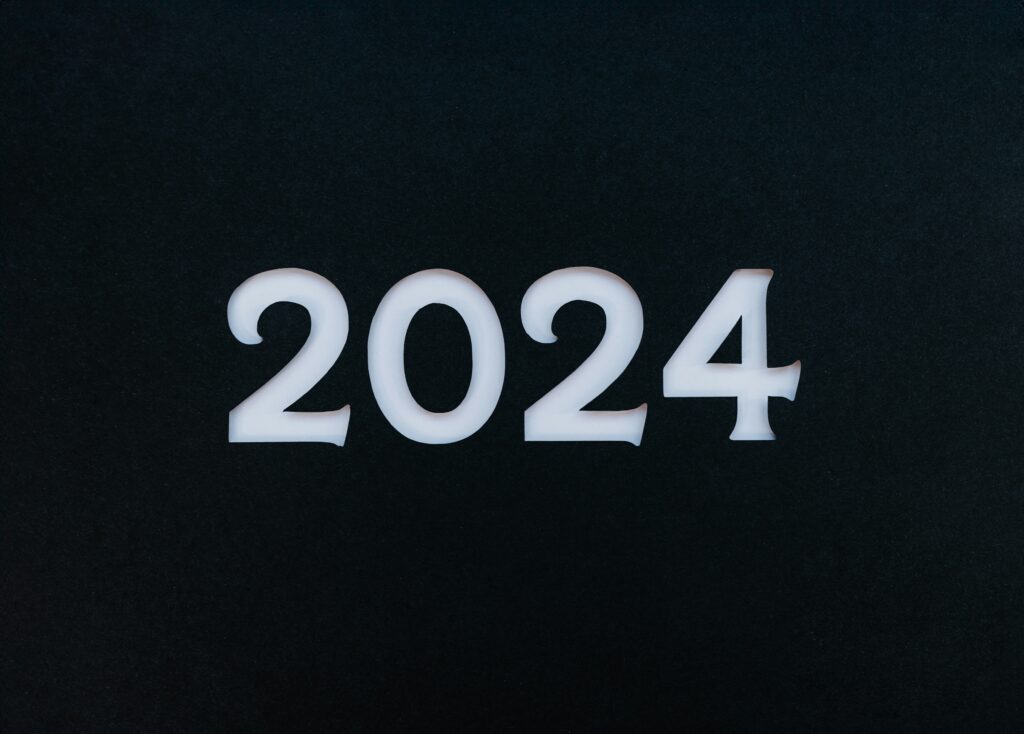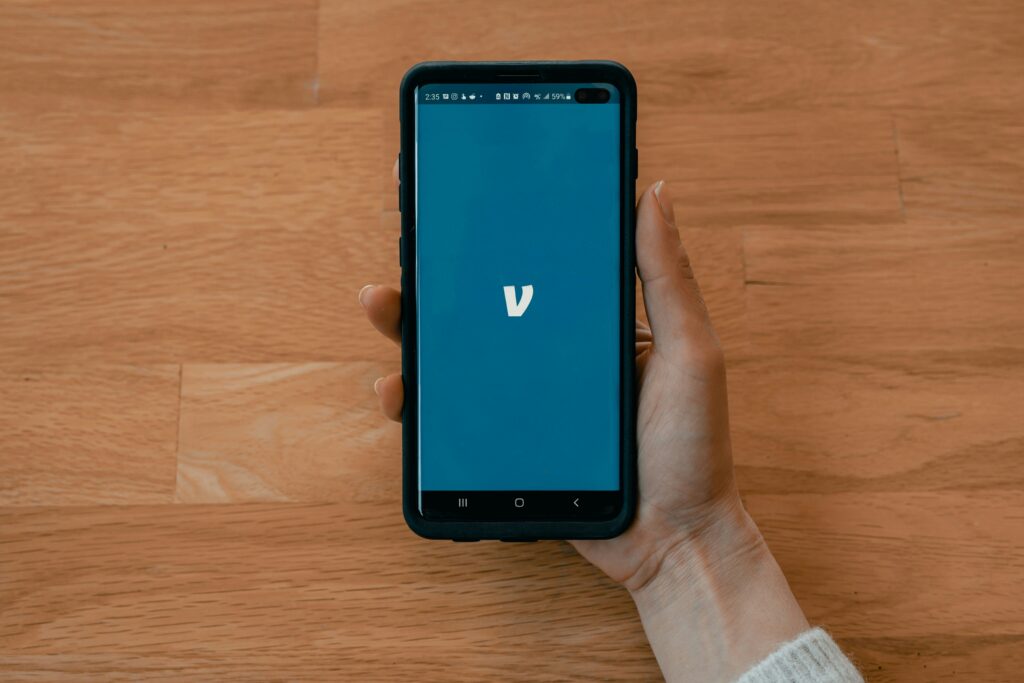What Was the Roartechmental Programming Advisor from Riproar?
The roartechmental programming advisor from riproar was a digital toolbox—a mix of prompts, checklists, and contextaware nudges for coders. It assisted with:
Syntax reminders Simple debugging Task prioritization and antidistraction alerts “Mind hacks” and focus cues for finishing projects
Even so, its model was rigid. The engine drew from static content, fixed routines, and mostly generic algorithms. Personalization was limited, feedback was surfacelevel, and adaptation stalled at “if this, then that.”
Why Change Matters: The Need for Adaptive Mental Coaching
Today’s software landscape is too complex for setandforget routines. Facing collaboration, burnout, shifting specs, and new tech, developers need more than canned advice—they need a dynamic coach. Enter tech mental coaching AI:
Constantly adapts to your stress, schedule, and feedback Tracks performance and adjusts mindtraining in real time Pinpoints selfsabotage, optimizes focus blocks, reinforces discipline Suggests individualized routines—breathing, visualization, or task chunking—trained on your own learning and working history
The shift isn’t just a tool swap—it’s a system overhaul for sharper habits, better resilience, and higher cognition.
Comparing the Approaches: Static Advisor vs. AI Mental Coach
| Feature | Roartechmental Programming Advisor from Riproar | Tech Mental Coaching AI | |||| | Personalization | Minimal, rulesbased | Deep, sessiontosession | | Feedback Quality | General, generic alerts | Contextspecific, adaptive | | Proactive Suggestions | Timed or usertriggered | Situation and moodbased | | Historical Performance Learning | None | AI tracks patterns, adapts | | Integration with Team/Ops Tools | Limited | Full scope: calendars, commits| | Support for Burnout/Wellness | Simple tips | Interactive, realtime checks |
What Does Tech Mental Coaching AI Deliver?
Realtime Focus Boosts: Recognizes when your energy, output, or mood dips. Suggests technique shifts—microbreaks, block sprints, music cues, or handsoff time. Behavioral Analytics: Tracks patterns—distraction spikes, cognitive loops, latenight errors. Offers datadriven recommendations. Adaptive Planning: Syncs with your workflow—scrum, Kanban, or solo. Reprioritizes tasks when fires pop up. Microlearning Bites: Injects concise lessons in new tech, code tricks, or antiburnout routines tailored to gaps in your skills. Collaborative Nudges: Notices when you herocode in isolation; prompts to seek feedback or code review when needed. Wellness Guardrails: Detects chronic overtime or low recovery. Suggests walks, meditation, or even logs out distracting tabs.
Sample Workflow Comparison
With the roartechmental programming advisor from riproar: Receives a popup: “It’s 4pm, have you committed your code?” Gets a boilerplate motivation quote when deadline stress spikes.
With tech mental coaching AI: Detects 30% drop in code efficiency and spike in typo errors since 2pm. Notices four failed compile attempts in a row. Suggests a 10minute focus recovery exercise, schedules a standup checkin. Learns that an afternoon walk restores your flow; builds this intervention into future sprints.
Security and Privacy: The AI Advantage
With advanced models, security is discipline. Data is:
Endtoend encrypted Never sold or shared—training remains local or within secure team clouds Preferences, work logs, and wellness nudges can be toggled or scrubbed at any time
Unlike many productivity apps, your behavioral data is your own.
Why This Transformation Wins
Higher resilience in sprints, deadlines, and team pivots Measurable gains: more highquality code, fewer context switches, faster error recovery Individualized cognitive fitness, nurturing longterm performance—not just “push harder” mantras
Using Tech Mental Coaching AI: Best Practices
- Baseline Assessment: Spend a week allowing the AI to observe work style, break cycles, and code output.
- Act on Nudges: Don’t ignore; treat interventions as “training,” not interruptions.
- Review Weekly Data: Look at microwins, fatigue patterns, bug streaks. Adjust your environment accordingly.
- Integrate Teamwide: Get visibility with shared learnings, not private surveillance. Use benchmarks to improve process, not just workload.
- Set Boundaries: Privacy and autonomy come first—set limits on what the AI can monitor or suggest.
Potential Pitfalls and Countermeasures
Overreliance: AI is guide, not boss. Use it to inform, not dictate. Alert Fatigue: Adjust frequency and type of intervention to avoid annoyance. Team Buyin: Roll out in phases; gather open feedback. Avoid “one size fits all.”
The Future: Discipline, Automation, Information
Tech mental coaching AI is the answer to static, impersonal productivity tools. This transformation—away from the roartechmental programming advisor from riproar—means coders, leaders, and digital teams are no longer guessing at their own workflow. Now, everyone gets adaptive, disciplined feedback—built by AI, finetuned by relentless human intent.
The Final Verdict
The leap from the roartechmental programming advisor from riproar to tech mental coaching AI is a move from rulebased tips to deep, everysession guidance. Coding endurance, focus, learning, and happy teams are no longer luck or ritual—they’re built, reinforced, and upgraded as fast as your tech stack. Adapt, measure, coach, and succeed—because digital growth is mental growth, and the smartest strategy is never standing still.




